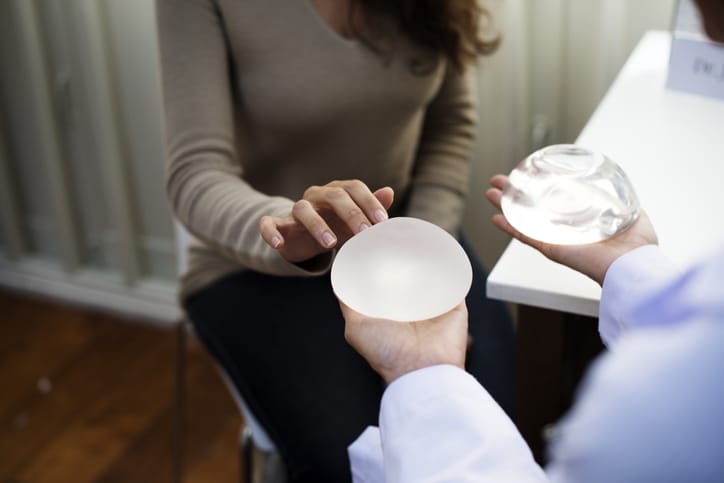 Some people call these days we are living in the Information Age. Unfortunately, many out there are more into disinformation. From Twitter lies to spreading crazy conspiracy theories on Facebook, there isn’t a shortage of people bending or completely disregarding the truth.
Some people call these days we are living in the Information Age. Unfortunately, many out there are more into disinformation. From Twitter lies to spreading crazy conspiracy theories on Facebook, there isn’t a shortage of people bending or completely disregarding the truth.
The aesthetic world isn’t immune. Here it comes down to the term “board certified.” This is an important criterion showing the extra training and skills necessary to become board certified. But less than scrupulous doctors often claim this distinction when their actual credentials don’t match their bluster. This trend discredits actual board-certified surgeons such as Dr. Barrera.
The problem was detailed a couple years back in a story in the official medical journal of the American Society of Plastic Surgeons (ASPS), Plastic and Reconstructive Surgery. The story highlighted a recent study showing that consumers don’t understand the difference between the terms “plastic surgeon” and “cosmetic surgeon.” While unsuspecting patients may not really understand the difference, the reality is there is a vast difference in experience and skill level and the difference can have a real impact on a patient’s results, even on their safety.
Board certified?
In the study, researchers designed an Internet survey to assess public perceptions of aesthetic or cosmetic surgery. A total of 5,135 respondents completed the survey.
Almost 90 percent of respondents incorrectly believed that surgeons must have special credentials and training to perform cosmetic surgery, or to advertise themselves as aesthetic/cosmetic/plastic surgeons.
Over half of the respondents were unsure about the training needed to become a “board certified” plastic or cosmetic surgeon. In truth, surgeons need at least six years of residency training to be certified by the American Board of Plastic Surgery (ABPS). This compares to only one year for certification by the American Board of Cosmetic Surgery (ABCS). But these are not comparable organizations — the American Board of Medical Specialties does not recognize ABCS certification.
This gets right to the root of the problem. One year of surgical experience is hardly enough, but patients see the doctor is “board certified,” not understanding it is the ABCS board, which is a basically worthless, and unrecognized, certification.
As more and more people contemplate having an aesthetic procedure done, there is a serious financial incentive for physicians to add these surgeries to their practices. The study’s author, Dr. Rod J. Rohrich, editor-in-chief of Plastic and Reconstructive Surgery, comments, “A growing number of physicians without training in plastic and reconstructive surgery are performing surgery to improve one’s appearance, often at the expense of patient safety and outcomes.”
Dr. Rohrich explains how they are doing this. “With the current system, physicians can capitalize on confusing jargon to convince patients that they are appropriately qualified to perform the procedures they advertise their expertise in,” he says.
The key for patients is to do their homework, and have cosmetic surgery performed by surgeons who are board certified by the American Board of Plastic Surgery. Dr. Barrera is actually double board certified, both by the American Board of Plastic Surgery and the American Board of Otolaryngology.
Don’t be fooled by doctors claiming to be board certified when there is only one certification that means anything — the American Board of Plastic Surgery. Trust the experience and credentials of Dr. Barrera. Call us at (713) 468-5200 to put his expertise to work for you.

